|
I really like vultures. Sure, they’re ugly and they eat nasty dead things. But those are not necessarily bad characteristics. First let’s deal with “ugly.” Vultures’ bald heads are what make them seem ugly to most people. But think about why they’re bald. Imagine thrusting your head inside the carcass of a white-tailed deer to reach the meat. A feathered head might capture bits of flesh, blood and gore and you end up with a face full bacteria and flies. Scientists believe that one reason vultures have evolved featherless heads is to aid in hygiene. A bald head stays clean and any remaining germs or bacteria are baked off by the sun. Vultures have also found that a bald head can help with temperature regulation. When it gets cold they can tuck their heads down to keep their neck covered with feathers. When it’s hot, vultures can extend their neck to expose bare skin. Their bald heads work so well that I wrote a poem about them. Naked Head It’s best to have no feathers, When you stick your head in guts, That way you don’t go walkin’ round, Your noggin dripping schmutz. Moving on to “eating nasty dead things,” the next time you see vultures eating a dead animal on the side of the road, be thankful! That carcass might be dead from rabies or contaminated with other harmful diseases. Vultures have the amazing ability to consume rotting and diseased flesh and stay healthy. It’s all in the stomach. Vultures possess very powerful stomach acids that destroy most bacteria and deadly viruses. In fact, vulture stomach acid is so strong it can dissolve metal! Except if that metal is lead shot -- many turkey vultures are killed every year by consuming shot that they encounter in dead deer. Vultures are the world’s natural “sanitation workers,” helping to stop the spread of disease. I’m so appreciative of the work they do, I even wrote a poem about eating dead things: Dead Meat I like my meat dead, It’s best if it’s not moving. Don’t want to see one final twitch, I prefer it oozing So, the next time you see a vulture circling in the noonday sky, think about the valuable and important clean up service this bird provides to us and to the environment. Maybe I’ll write a poem about that…. 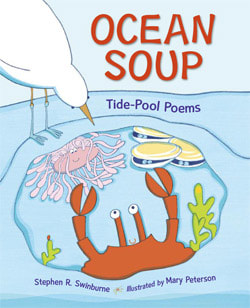 Steve Swinburne is a science writer, but as you can see from this Minute, he likes to write poetry too. In his book Ocean Soup, he offers verses in the voices of tide-pool animals, including the barnacle, sea urchin, sculpin, mussel, starfish, hermit crab, anemone, and lobster. For more about Steve's poetry, click here. Steve Swinburne is a member of iNK's Authors on Call and is available for classroom programs through FieldTripZoom, a terrific technology that requires only a computer, wifi, and a webcam. Click here to find out more.
0 Comments
Leave a Reply. |
Check out our new podcasts in the iTunes Store and on KidLit Radio.
|

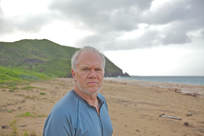

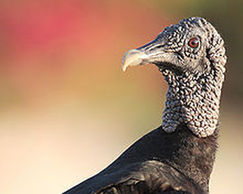
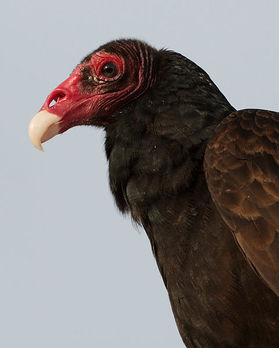
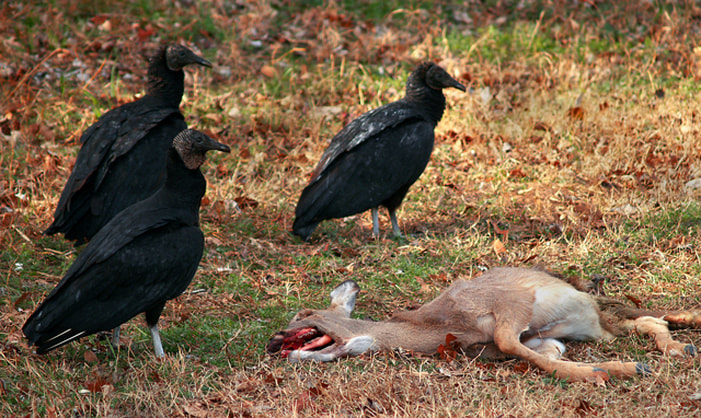

 RSS Feed
RSS Feed
